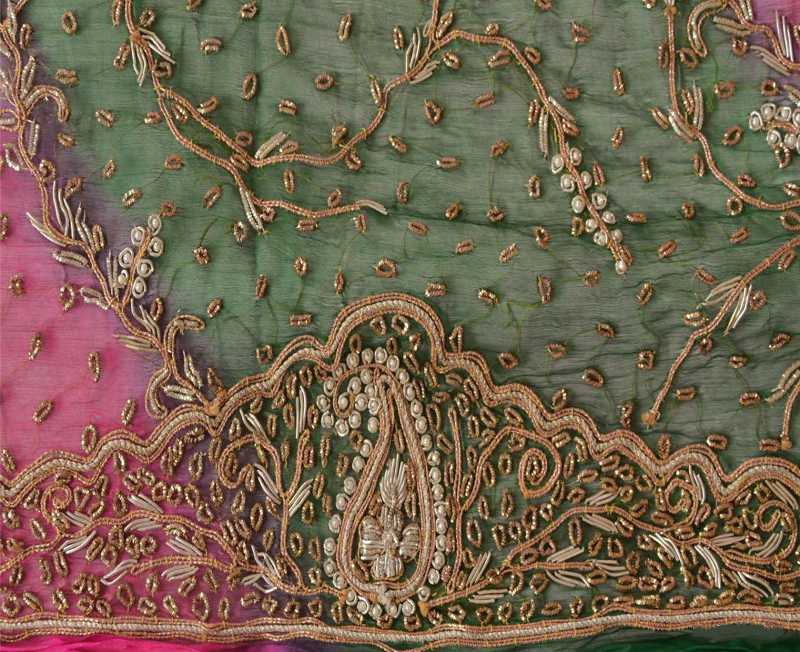===
0352,
7
===

=== |
 |
;xashm : 'Anger, writh, indignation, passion, rage, fury'. (Platts p.490)
na:zar rakhnaa : 'To look (upon), to regard, to set eyes (upon); —to keep the eye (upon), to watch; to look (after), to attend (to); —to be intent (on); —to have in view, to contemplate, intend; —to cast a wistful eye (upon); to look sweet (upon)'. (Platts p.1143)
FWP:
SETS
MOTIFS == EYES; GAZE; WINE
NAMES
TERMS == THEMESRF feels that the point of comparison between the beloved's eyes and the port wine is the 'redness' of the eyes of an angry person. That's an unattractive and depressing thought, to my mind; also, if the beloved is looking at the lover with such clear and visible anger, why would he have to admonish his heart not to get its hopes up? A more plausible reaction would be despair. The idea sounds more like a long, lingering, gaze into which the poor lover could read all sorts of possibilities.
Surely the beloved's gaze is like port wine not because her eyes are red with anger (which is surely based on the irresistible wordplay of chashm and ;xashm ) but because her gaze is deep, rich, 'sweet', intoxicating, and a suitable vehicle for masking poison. Unfortunately, her gaze is in fact like port wine with poison in it, since she's so treacherous and unreliable and such a femme fatale. The intransitive milnaa makes it clear that the poison just happens to be mixed into the wine; the beloved didn't necessarily put it there, and indeed she might not even know that it's there. It's not surprising that the lover is so urgently warning his heart.